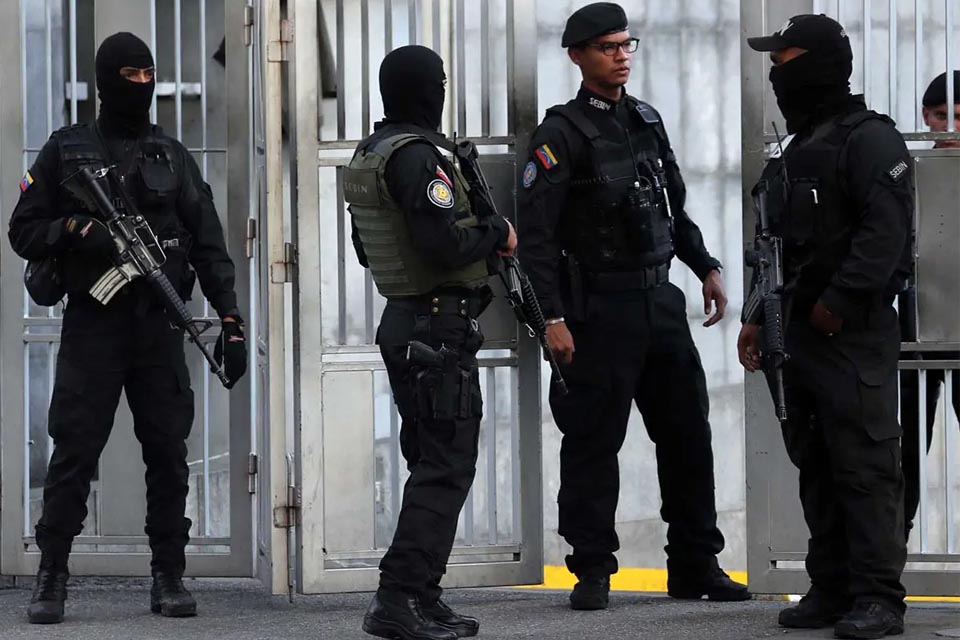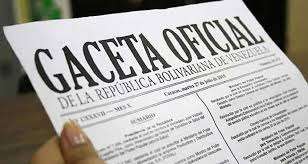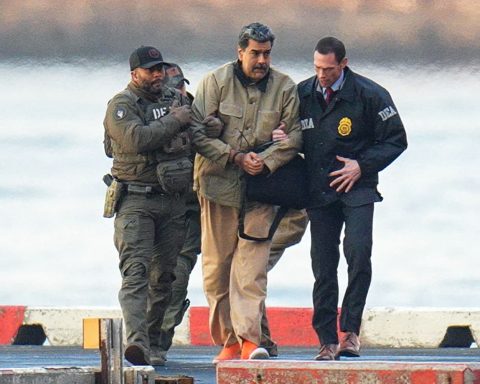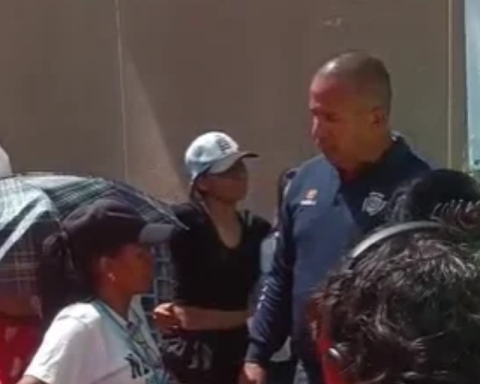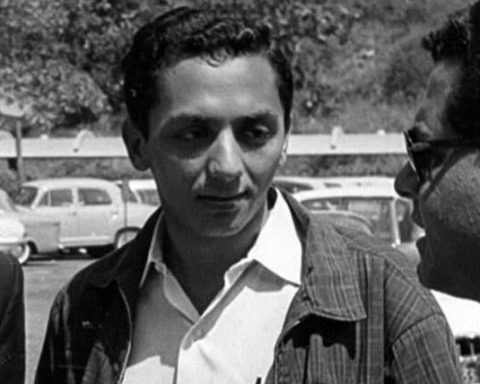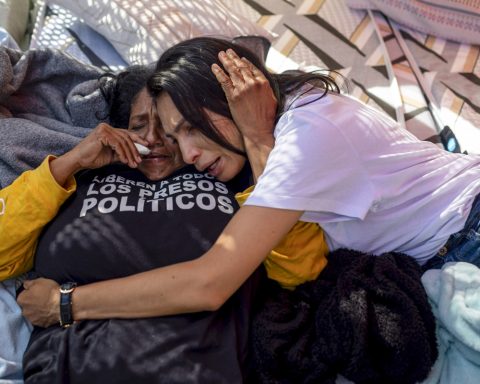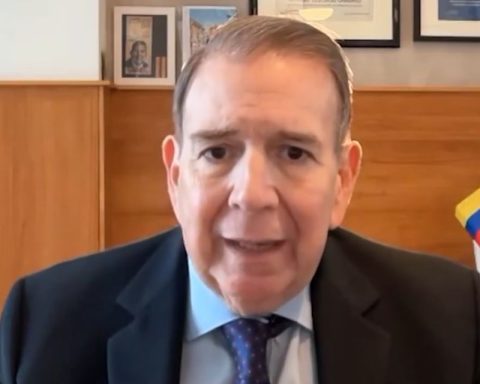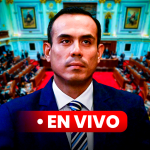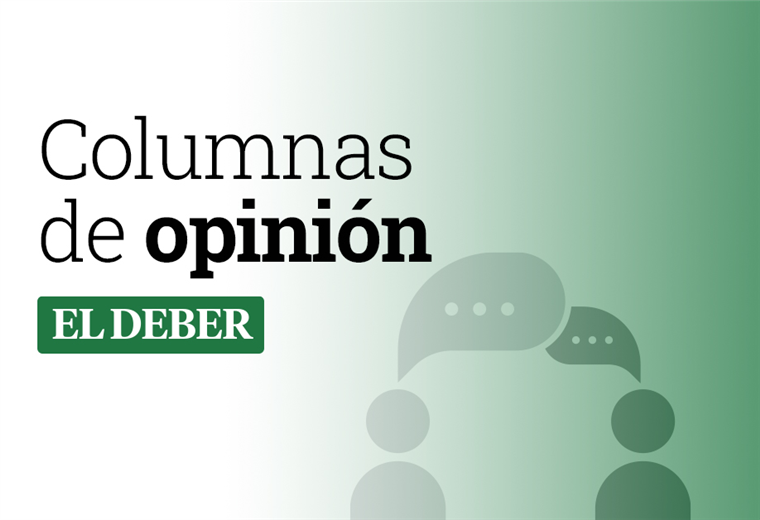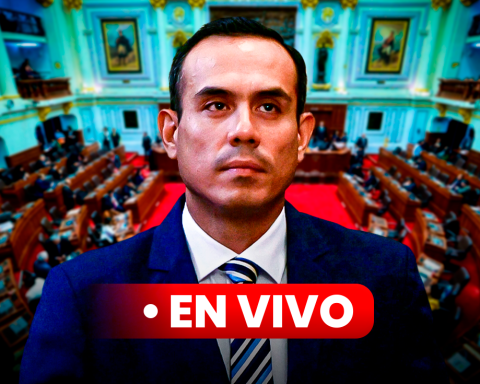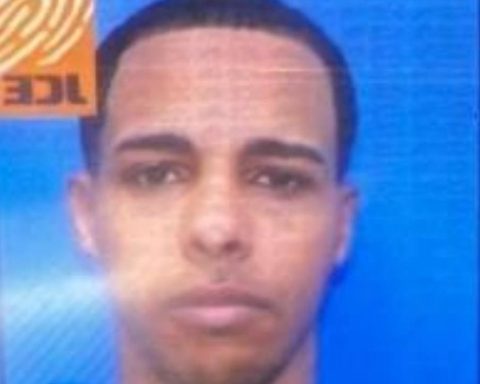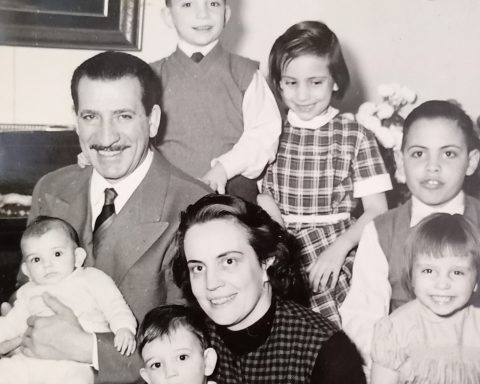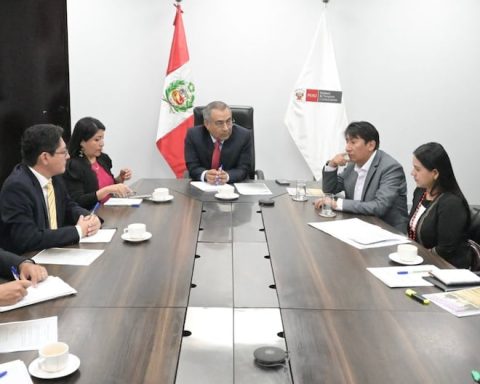The Working Group on Arbitrary Detention, a special procedure of the United Nations Human Rights Council, awaits a response to its request to visit the country, formalized for the third time in October 2019. High Commissioner Michelle Bachelet, after her visit to the country in June 2019, said that the administration of Nicolás Maduro had promised to receive the visit of at least four special mechanisms, including that of Arbitrary Detentions
The relationship of the Nicolás Maduro administration with the United Nations Human Rights Council and its special procedures has been more than strained in recent years. This is demonstrated in the lack of interest in responding to requests for information or justifying situations that have been classified as human rights violations.
In addition to the little collaboration of the Venezuelan government with the Council itself and mandates such as the Fact-Finding Mission on Venezuela, accountability with the Working Groups, in this case that corresponding to arbitrary detentions, has been almost nil.
At least since 2018, the administration of Nicolás Maduro has not responded to the 23 opinions of the Working Group on Arbitrary Detentionwhich include at least 119 Venezuelans with or without clear political affiliations, and whose arrests were ruled arbitrary.
This Working Group, according to its page, has the mandate to “investigate cases of deprivation of liberty imposed arbitrarily or in a manner incompatible with the international standards established in the Universal Declaration of Human Rights, or international legal instruments accepted by the States involved”.
*Read also: UN High Commissioner for Human Rights calls for an end to arbitrary detentions
This body not only investigates alleged arbitrary detentions for its own reasons and makes requests for information or urgent appeals, but also examines individual complaints that can lead “to the adoption of opinions on the arbitrary nature of the detention.”
In particular, according to various complaints National and international NGOsarbitrary detentions in Venezuela are part of a pattern of human rights violations, ordered and sustained through the structures of State security forces and related organizations, known as “collectives.”
He Criminal Forum has documented 12,016 arbitrary arrests and imprisonments between the month of April 2013 —when Nicolás Maduro came to power— until January 28, 2018.
Only between March 2020 —when the covid-19 pandemic was declared— until January 2021, the Venezuelan Human Rights Action Education Program (provide) registered 628 arbitrary detentions, an average of almost 63 deprivations of liberty during those months.
*Read also: Specialists: 85% of arbitrary detentions in the country are of a political nature
Just last year, the Group sent four letters of complaint to the Venezuelan government, to attend to particular cases and to respect the opinions issued by it.
Among these opinions, the particular cases of Lorent Saleh and Gabriel Vallesthe former councilor José Vicente García, the deputy Juan Requesensthe tweeter Pedro Jaimes Criollo, Mrs. Antonia Turbay or Carlos Marrón, former owner of the DolarPro page.
They also highlight the collective cases such as the “Banesco managers”, accused of “contributing to the distortion of the economic system”; “Operation Armageddon,” involving seven Navy officers; the “assassination” against Nicolás Maduro, which involves civilians such as Emirlendris Benitez and soldiers like General Héctor Hernández da Costa; the murder of prosecutor Danilo Anderson, for which the Guevara cousins are in jail; as well as the PNB La Yaguara case, which refers to the detention of 59 Colombians without any arrest warrant.
*Read also: SPECIAL | The republic that tortures
The Group is also awaiting a response to its request to visit the country, formalized for the third time in October 2019. High Commissioner Michelle Bachelet, after her visit to the country that year, said that the Nicolás Maduro administration had promised to receive the visit of at least four special mechanisms, including Arbitrary Detention.
During Bachelet’s tenure, only Alena Douhan, the UN special rapporteur on unilateral coercive measures and human rights, was allowed to visit Venezuela in 2021.
On February 12, 2021, the UN Special Rapporteur Alena Douhan held a press conference to present her preliminary report after her two-week visit to Venezuela.
| What is meant by arbitrary detention?
The concept of “arbitrary” includes both the requirement that a certain form of deprivation of liberty be adopted in accordance with the applicable law and procedure and that it be proportional to the purpose pursued, reasonable and necessary. “Arbitrariness” should not be equated with “against the law,” but should be interpreted more broadly to include elements of inadequacy, unfairness, lack of predictability, and due process of law. |
Post Views: 231
